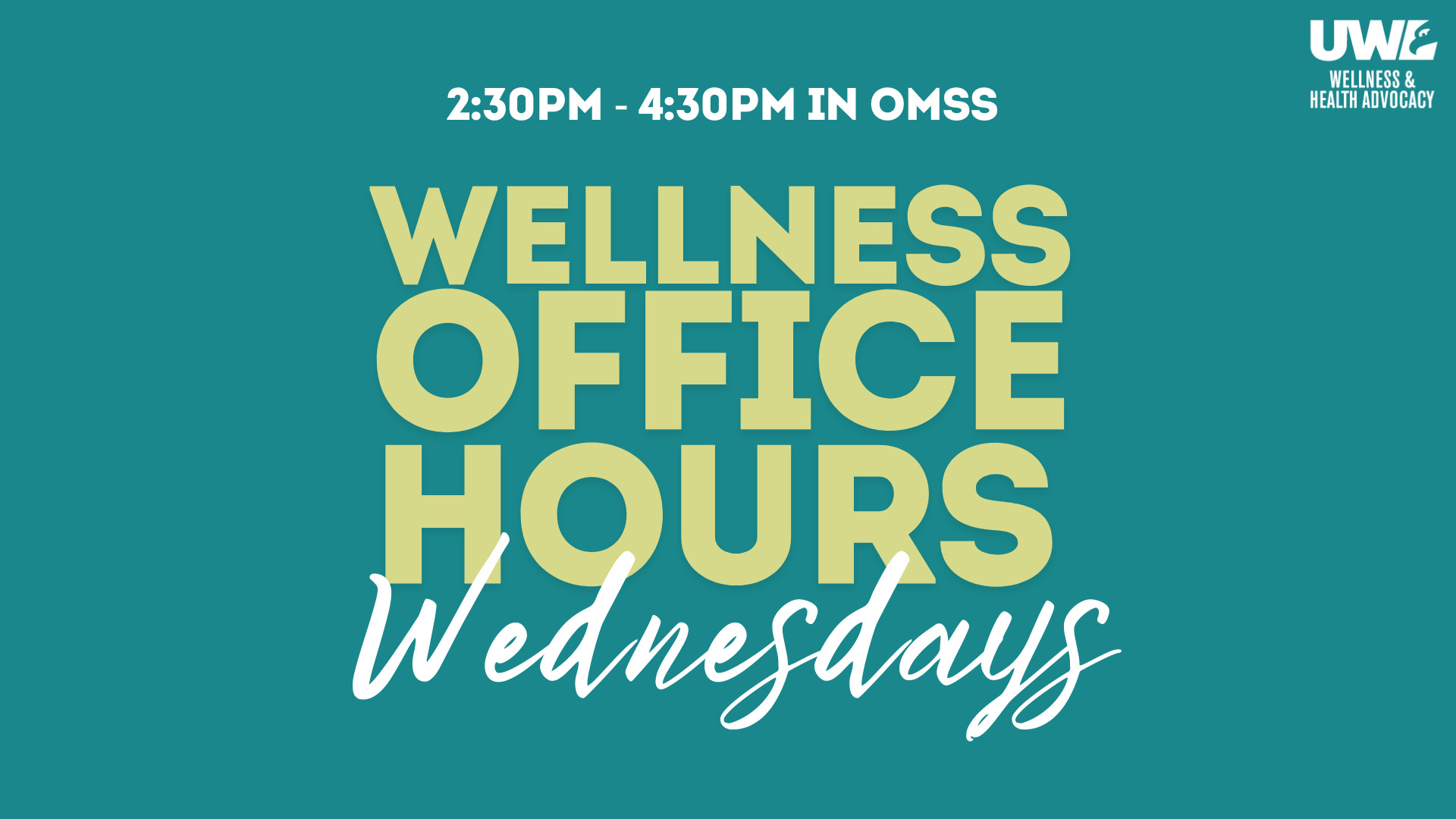Where to begin
A page within Diversity & Inclusion
Contacts
Types of concerns:
Discrimination
The University of Wisconsin-La Crosse prohibits discrimination on the basis of race, color, religion, sex, gender identity or expression, sexual orientation, national origin, age, disability, or other protected status. Employees are encouraged to use established grievance procedures when problems or complaints arise in work-related situations.
Faculty and Academic Staff who believe they have been discriminated against, on the basis of the factors mentioned above, by the University or members of the University community are encouraged to set up a private meeting with John Acardo, Director of Human Resources, at 785-8697. You may file a formal complaint or pursue informal dispute resolution options. University policy prohibits retaliation against individuals who exercise their rights under these policies.
Discrimination Policies and Forms
Sexual Harassment or Assault
The University of Wisconsin-La Crosse prohibits sexual harassment, sexual assault, and other forms of sexual misconduct. These forms of discriminatory conduct are also prohibited by Title IX. For more information, see the UWL Sexual Misconduct web page.
- Sexual assault is any sexual contact without consent. That includes incidents involving the use of force, the threat of force, coercion, and/or intoxication. The University encourages victims to seek immediate help and to report the incident through one of the several mechanisms outlined below. Your confidentiality can be maintained and the information might prevent other individuals from being victimized. Relevant policies and resources regarding sexual assault are provided by Violence Prevention and Affirmative Action.
- Sexual harassment includes unwelcome sexual advances, requests for sexual favors, and other physical conduct and expressive behavior of a sexual nature, either as a condition of employment or education, as a basis for academic or employment decisions, or as the cause of a hostile work environment. Relevant policies and resources regarding sexual harassment are provided by Affirmative Action.
Unfair or unequal treatment; employee misconduct
- Faculty: Refer to the Unclassified Staff Personnel Rules, Chapter 6: Complaints & Grievances - 6.02 which states in part:
"A grievance is a personnel problem involving a faculty member's expressed feeling of unfair treatment or dissatisfaction with aspects of his/her working conditions within the university which are outside his/her control and which are not covered by other personnel rules. A grievance relates to such matters as academic freedom, salaries, promotions, assignment of teaching duties, assignment of space or other facilities, and unethical or improper action by administrators. In a grievance a faculty member claims substantial personal harm and seeks redress for himself or herself."
- Academic Staff, Non-Instructional: Refer to Unclassified Staff Personnel Rules, Chapter 13: Complaints & Grievances, Academic Staff
"A grievance is a personnel problem involving an appointee's expressed feeling of unfair treatment or dissatisfaction with aspects of his/her working conditions within the University which are outside his/her control. A grievance relates to such matters as salaries, promotions, assignments of duties, working conditions, and propriety of conduct claimed to harm the petitioner substantially whether the claim alleges unethical or improper action by colleagues or by administrator. A grievance is a matter other than one involving dismissal proceedings and other than a complaint proceeding involving (other) severe sanctions."
Biased / Hate language or conduct
"UWL views hate/bias incidents and all manifestations of prejudice and intolerance as contradictory to our mission as a university and a community, and as a threat to each individual's right to a safe living, learning and working environment. Because of this, the Bias Support & Education Team was formed to provide an outlet to share and appropriately address all such incidents, and ultimately better understand our campus climate."
Civility and bullying
At its most basic level, civility refers to showing others kindness, courtesy, and respect. Digging a little deeper, civility is about constantly being open to listen, to learn, to teach and to change. It seeks common ground as a beginning point for dialogue when differences occur, while at the same time recognizing that differences enrich our campus.
- Complaints against Faculty, see Unclassified Staff Personnel Rules, Chapter 6: Complaints & Grievances, Faculty
- Complaints against Non-Instructional Academic Staff, see Unclassified Staff Personnel Rules, Chapter 13: Complaints & Grievances, Academic Staff
- Civility/Incivility Reporting Form






